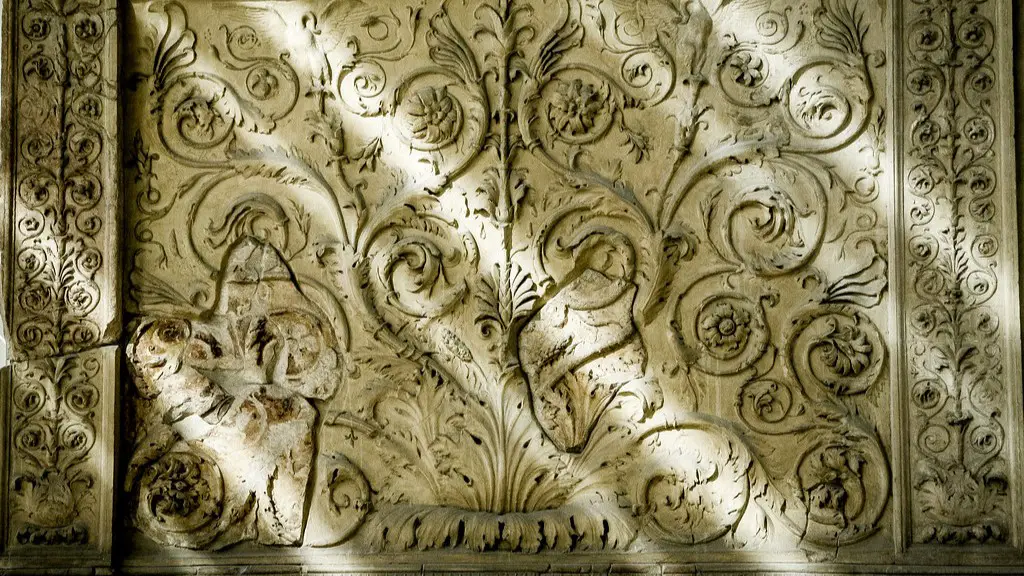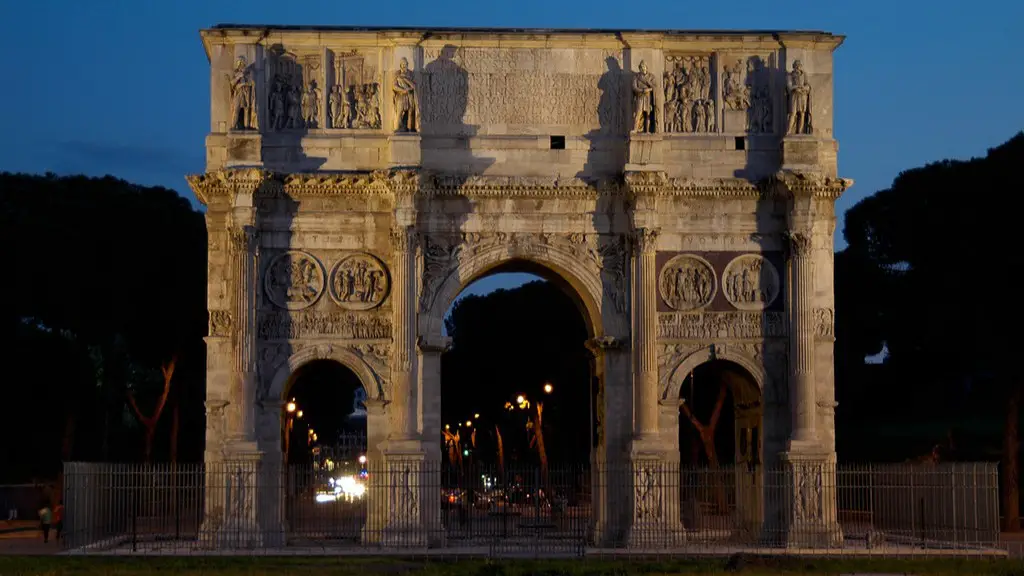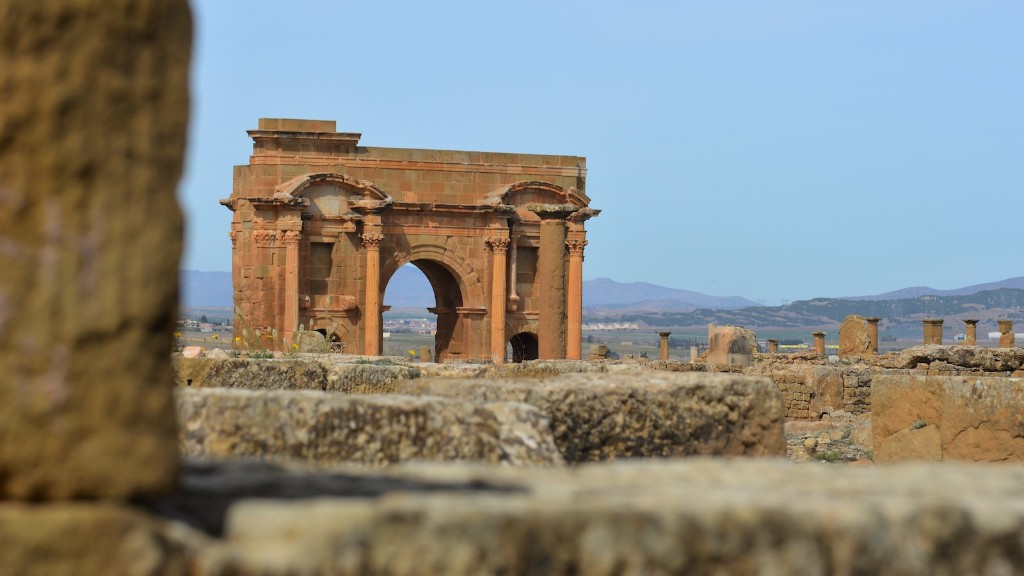Introduction
Olive oil has been a staple in diets throughout the Mediterranean region for thousands of years, but it is particularly linked to the culture of ancient Rome. From its use in personal hygiene and cooking to its religious importance and its symbolism in art, olive oil has been an essential part of life in Rome since the Republic. This article looks at what olive oil was used for in ancient Rome, and the various ways it was important in Roman society.
Cooking
One of the most common uses for olive oil in ancient Rome was in cooking. Olive oil was a key ingredient in many Roman recipes, used as a seasoning and to add flavour to dishes. Olive oil was used in place of lard or butter, and was often used as a cooking oil for frying, sautéing and baking dishes. Roman cooks would use different kinds of olive oil for different dishes, depending on the flavour and the level of heat needed for cooking. Another use for olive oil in cooking was as a preservative. It could be used to seal and preserve food, extending its shelf life.
Health and Medicine
Olive oil was also used in health and medicine in ancient Rome. It was used to treat a range of ailments, including sore muscles, joint pain and even skin conditions, such as eczema. It was also used externally, to protect and heal the skin from exposure to the sun, as well as to treat wounds. Olive oil was also used as a massage oil and for aromatherapy, to improve overall health and wellbeing.
Personal Hygiene
Olive oil was also used extensively in personal hygiene in ancient Rome. It was used to cleanse the skin, to soften and protect the hair, and to naturally keep the skin moisturized. It was also used as an antiseptic, to help prevent infection on cuts and scrapes. Additionally, olive oil was used to remove makeup, as an aftershave, and to soften and protect the hands.
Religion
As olive oil was believed to be a symbol of health and beauty, it was widely used in religious ceremonies in ancient Rome. Olive oil was used to anoint priests and leaders, and it was used to consecrate and purify religious elements and artefacts. Olive oil was also used during religious festivals, such as the Roman harvest festival of Pomona
Symbolism in Art
Olive oil was important in Roman art and sculpture, as it was believed to represent wealth, power and strength. It was often used in sculpture as a symbol of peace and victory, as olive tree branches were often gifted to victorious generals as a sign of gratitude for their service. Additionally, olive oil was seen as a symbol of protection, and was sometimes depicted in paintings and sculptures to symbolize divine protection.
Conclusion
From cooking to medicine, personal hygiene and religious rites, olive oil was an essential part of life in ancient Rome. As a symbol of wealth, power and protection, olive oil was important in art and sculpture, as well as in the lives of ordinary people. It is clear that olive oil was much more than just a cooking ingredient in ancient Rome; it was an essential part of daily life and an integral part of Roman culture.
The Use of Olive in Ancient Rome for Beauty
Olive oil was also used for beauty in ancient Rome. It was used to keep skin, hair and nails healthy and to help protect against sunburn. Olive oil was also popularly used to give the skin a natural glow, and it was used to treat sunburn and acne. There were even special products made from olive oil that were used to whiten teeth and to make lips more attractive. Furthermore, women used olive oil in their hair as a conditioner and to give their hair a healthy shine.
Olive Oil in Roman Coins
Olive oil was also a powerful symbol in Roman currency, used to denote power, beauty and wealth. Olive oil was used in many coins of the Roman Republic and the Roman Empire, often depicted as an olive branch or a single olive leaf. This was a symbol of Rome’s strength and of its access to resources, and it was used to express the power of the Emperor.
Importance of Olive Oil in Ancient Rome
It is clear that olive oil played an important role in ancient Rome, used for cooking, medicine, personal hygiene, religion and symbolism. From its use in religious ceremonies to its depiction on Roman coins, olive oil was a vital part of Roman culture and society. It is testament to the importance of olive oil in Roman life that it is still popularly used in the Mediterranean region, even after thousands of years.
Olive Oil Industry in Roman Times
The production of olive oil was an important industry in ancient Rome. Olives were grown in large fields, and the resulting oil was stored in containers known as dolia. The oil was then sold in shops and markets, often at high prices due to the demand for it. Clients who were unable to afford the oil were able to borrow it, and it could even be used as currency.
Religious Rituals and Customs
The religious importance of olive oil in ancient Rome is also worth noting. It was used in a number of rituals and customs, often as an offering or symbol of good luck. For example, it was believed that rubbing a newborn baby with olive oil could bring luck and long life. Olive oil was also used in weddings and other religious ceremonies, and it was thought to have the power to ward off evil spirits and bring luck.



